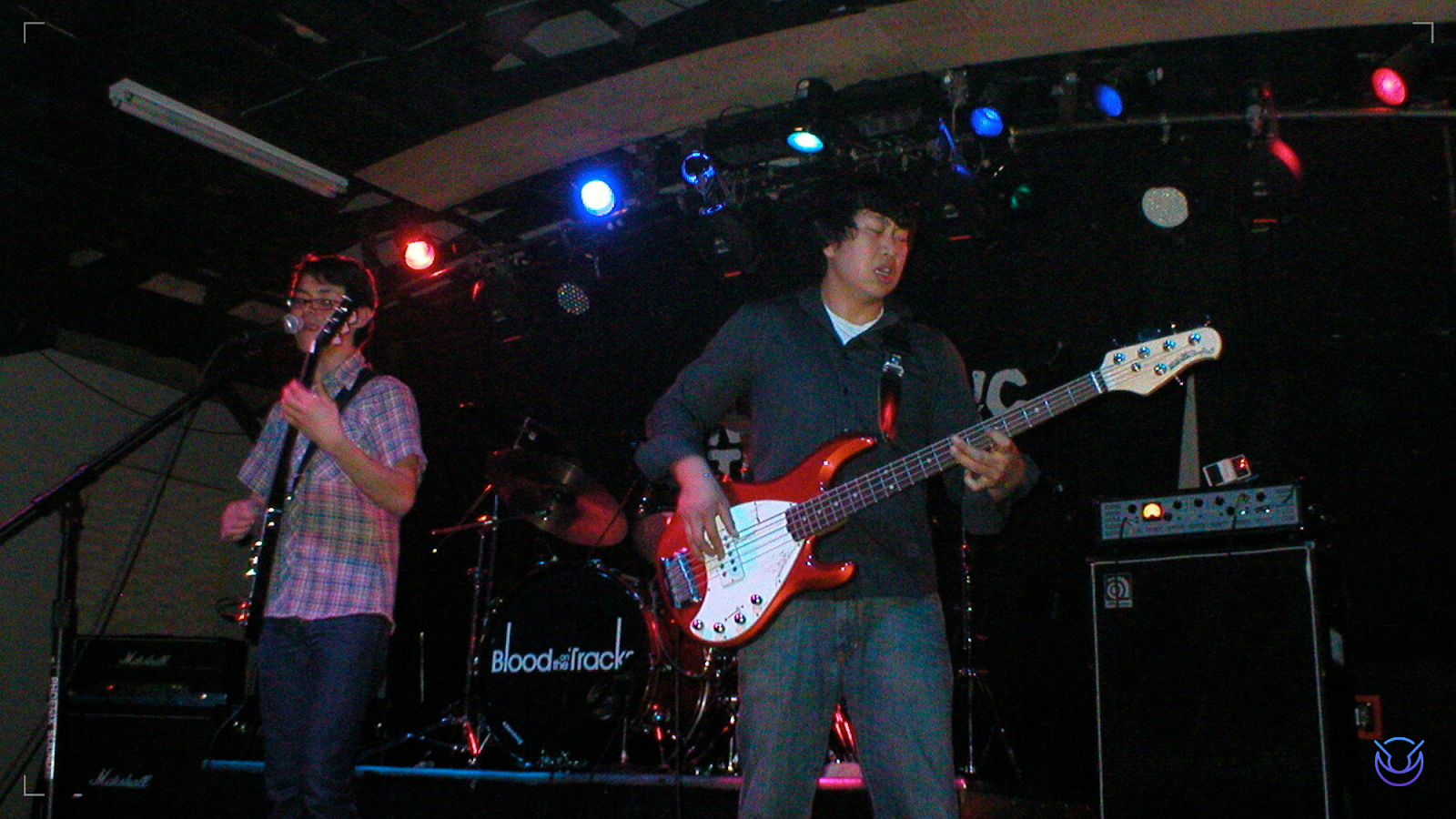The Evolution that Will Define Tomorrow’s Winners
When I was 16, I played in local garage bands. My very first business partner (also 16) and I decided the best way to get exposure wasn't to wait around, it was to start our own promotion company. If you’re curious, we called ourselves Tommy Gun Productions. Our vision was simple: bring well-known indie bands into our hometown and co-headline the shows.

Being teenagers with no concept of corporate boundaries or rules, we convinced Warner Music Group that we were an established promotions company and persuaded them to send some of their smaller indie artists to our town. I was signing rider contracts under the legal age and probably agreeing to some questionable T&Cs, all while renting out my friend's little sister's ballet studio to host the shows, with money we made as pizza delivery boys.
So how did two teenagers punch way above their weight, convincing one of the music industry's largest labels to send acts to a bedroom community in Northern California? Everyone told me I was too young, didn't have the experience or connections, but I had something else: access to collective intelligence.
The timing was perfect. Social media was just starting, and websites like PureVolume and MySpace became knowledge hubs where indie bands networked, shared tour dates, celebrated new signings, and amplified each other's fanbases. With access to that stream of real-time intelligence, I could tap into the knowledge of hundreds of other promoters, venues, and artists. That collective intelligence gave me a strategic advantage.
Everyone focused on what I didn't have—age, experience, connections. They missed what I did have. Access to a network of collective intelligence that gave me strategic advantage.
Today, I'm looking at the professional service industry and I see firms from 10 people to 10,000 people all wrestling with the same challenge: “How do we unlock operational precision with AI without turning our industry into a price race to the bottom?”
And I'm watching us make the same mistake in reverse. We're obsessing over AI as a set of isolated tools and use cases—proposal generators, call coaches, workflow builders. Useful? Sure. But we're missing the real unlock: capturing the power of collective, compounding intelligence inside our own firms.
That's what future-proofs us. Because if we just bolt AI onto today's business models, all we're doing is accelerating commoditization, making our expertise indistinguishable from everyone else's.
Most Firms are Stuck at “Individual Intelligence”
Brilliant consultants solving problems in isolation, with outcomes tied directly to who's on the project. It works for boutique firms, but it creates fundamental scaling constraints. Your growth is limited by your ability to hire and retain superstars. When they leave, their knowledge walks out the door.

Smart Firms are Thinking About “Collective Intelligence”
They have knowledge management systems, shared drives, methodology documents, and regular knowledge-sharing sessions. They've invested in training programs and best practice documentation. On paper, they're systematically capturing and sharing organizational memory so consultants can build on what others have learned.
The problem? Most of this intelligence sits unused. The knowledge management systems get outdated. The methodology documents are generic. The shared drives become graveyards of disconnected files. Consultants still reinvent solutions because finding and applying existing firm expertise is harder than starting from scratch.
The execution gap
Firms are creating scalable methodologies and hope their people will use them. But hope isn't a strategy for professional services growth. Without systems that make institutional knowledge accessible in the moment of need, even the best practice management approaches become shelf-ware.

Compounding Intelligence is the End Game
The true win comes when your collective knowledge becomes a strategic asset that grows more valuable over time, and where your competitive advantage compounds rather than walking out the door when people leave.
This isn't just about having the knowledge; it's about making it accessible, actionable, and automatically integrated into the path of work. When a junior consultant can instantly access the decision framework that worked for a similar client challenge two years ago, you've moved beyond collective to compounding.
Making this shift requires three fundamental transformations:
From Point Solutions to Platform Thinking: Stop building AI islands. Start thinking and building an intelligence platform where every tool, every insight, every decision compounds.
From Individual Expertise to Amplified Human Intelligence: Your competitive advantage isn't just what your best consultant knows—it's how your people's unique ways of thinking and solving problems can be preserved, shared, and amplified across your entire organization.
From Linear Growth to Exponential Intelligence: Every engagement makes your firm smarter. Every client interaction feeds the institutional knowledge. Every solution becomes part of a growing, compounding asset.
How do you know if your firm is ready to make this leap? In reality, the readiness signals are simple, and you probably recognize them already.
Three signals you're ready for compounding intelligence
You're tired of reinventing the wheel. Every project feels like starting from scratch, even when you know someone on your team has solved something similar before.
Your best people are overwhelmed. They're constantly fielding questions about past projects while trying to focus on current deliverables.
You can't scale your methodology. Your approach works when your best people are personally involved, but it doesn't transfer consistently across the team.
Making the leap: four practical steps
- Start with context, not just output. Don't just document what you delivered—capture why you made the decisions you made. The decision tree that led to your recommendation is often more valuable than the recommendation itself.
- Build systems that make knowledge findable and usable in real time. If your team can't find and apply relevant knowledge in under 30 seconds during a client conversation, it might as well not exist. The goal isn't just to store intelligence, it's to make it work for you as you work.
- Make knowledge contribution part of the work, not in addition to it. Make it easy and natural for your team to contribute to institutional intelligence while they're actually doing client work, not as an additional burden after the project ends.
- Design feedback loops between individual and collective intelligence. Every methodology should get smarter with use, but it should also make individual team members smarter as they use it. The system learns from individual insights, and individuals learn from the system's accumulated intelligence.
The professional service teams that will dominate the next decade aren't the ones with the smartest individual consultants. They're the ones that have figured out how to stop building tech islands and start building an operating system that compounds their collective intelligence—moving beyond hoping their team will share knowledge, to building systems that make compounding intelligence inevitable.
So back to that question every professional service leader is asking: "How do we unlock operational precision with AI without turning our industry into a price race to the bottom?"
The answer isn't better AI tools. It's building systems where your collective intelligence compounds with every engagement, making your firm exponentially more valuable.










